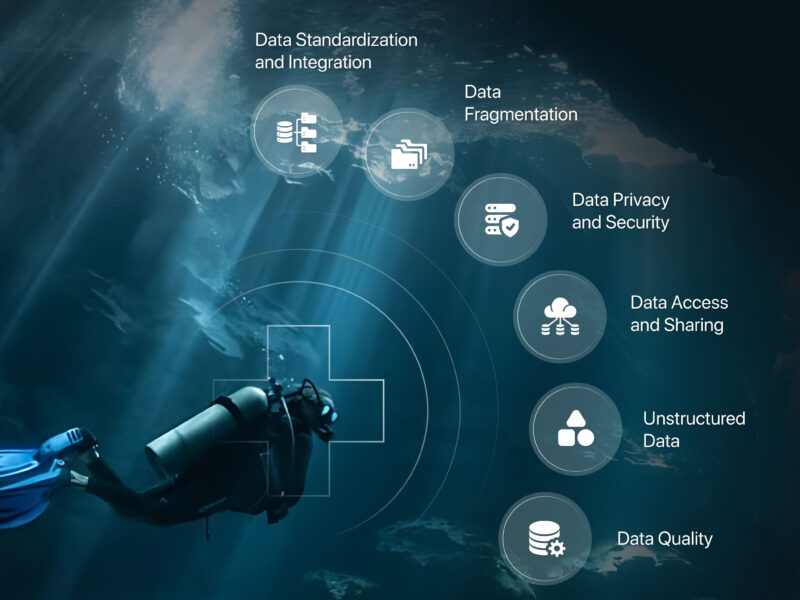Advances in Digital Health are changing the medical landscape. By embracing digital transformations, hospitals can grant providers access to real-time patient records coupled with population health data enhanced by artificial intelligence offering greater insights for improved patient outcomes. With the advancement of wearables and other remote diagnostic and monitoring devices, patients can receive quality care anywhere a connection to the cloud exists.
Healthcare providers now have a whole host of tools and resources at their fingertips to access real-time data, monitor patients remotely, and make better care decisions. This access to better data frees the patient from the physical restraints of the hospital environment. This lessens the dependence on admitting patients into large hospitals for extended stays at exorbitant costs to both payers and patients.
The adoption of digital transformations will be reflected in a new healthcare landscape. By removing the need for a patient and provider to be in the same location, new care options will be available to service the patient’s needs wherever and whenever they arise. The result will be more patients receiving treatments locally in out-patient or home environments. Patients will have more control over their personal data and play a greater role in care decisions. This, in turn, will lead to greater care outcomes, enhanced operational efficiencies, and the reduction of overall costs.
The new landscape will comprise outpatient clinics, same-day surgery centers, free-standing emergency rooms, and micro-hospitals (typically, eight beds or less). This new environment will offer a cost-effective approach to supporting rural communities and other areas where a full-blown hospital is prohibitive. Furthermore, house calls may no longer be a thing of the past. Whether it is sending a healthcare provider to a patient’s location or chatting with your doctor on FaceTime, patients can receive quality care without ever leaving the comfort of their home.
The need for forms and onerous paperwork will be replaced by electronic bracelets or other digital tools that will capture the patient’s entire health history and current medical status. By eliminating the administrative aspect of treatment, the patient experience will be all about care. The future of healthcare is mobile, personalized, and user-friendly.



